National Care Forum chief ‘disheartened’ care homes are only put in the media spotlight ‘when things go wrong’
The care home sector is currently battling with financial difficulties and an image problem, according to Des Kelly, executive director of the National Care Forum.

As executive director of the National Care Forum (NCF), it is Des Kelly’s job to promote positive care outcomes and he says: “There is a huge amount of inspiration and creativity going on all the time but people don’t get to hear about those things, they don’t realise how dedicated and committed people who work in care homes are.”
Mr Kelly praises initiatives such as National Care Home Open Day and Care Home Idol, recently launched by carehome.co.uk to showcase the talents of care home residents and entertainers, as they are giving him a helping hand.
Commenting on Care Home Idol 2013, Mr Kelly said: “I think this is a great idea. I welcome this initiative as a means of challenging the negative perceptions that seem to dominate the care home sector unfairly. These [the videos] are excellent and are the ways in which we need to be getting across the idea to the public that care homes are not always how they are perceived in the national media.
“They are only seen when things go wrong, sadly things do go wrong but it would be quite wrong for the public to have the idea that that’s the norm but I think they do pick up that idea. There have been negative stereotypes and they are enforced by the negative stories in the press.” Mr Kelly added that “transparency” is key to future of the care sector and believes it will “continue to develop and improve despite the current challenges of finance and image”.
Initiatives such as Care Home Idol are vital, according to Mr Kelly as they show care homes to be the “inspiring places” he knows them to be. He admits he finds it disheartening that the sector is usually only thrust into the public arena when “things go wrong”.
Asked what he thinks is key to developing and maintaining the good quality care required to banish the images created by negative press, Mr Kelly simply answers “relationships”, before adding: “It seems to me that the crux of the whole thing really is how people receiving care and support are treated by the people most directly in contact with them – that seems to be front line staff so it seems to me that relationships are at the very heart of frontline care.”
He believes that those frontline staff are sometimes “undervalued” and fail to receive the recognition they deserve - a view that was strengthened after the ‘Does it Pay to Care?’ report, recently published by think-tank Resolution Foundation, which claimed that some care workers are paid as little as £5 an hour, despite national minimum wage being set at £6.19.
Giving his views on the report, Mr Kelly says: “Care staff are definitely undervalued based on the pay they receive, and they deserve to be regarded as professionals and paid accordingly. There can be no justification for paying care workers below the national minimum wage and it’s against the law.”
Asked what could be done to change the situation and ensure all care workers receive the pay they deserve, he says: “It’s a vicious circle this, because the reason, largely, that care staff are paid so poorly is that the local authorities pay less than it actually costs to deliver quality care. Until commissioners pay what we know it costs to deliver the best quality care we are always going to be in this trap. There are differences about how far short the care providers are paying but there seems to be good research – 20 per cent less than it really costs.
“I don’t think anyone in the care sector gets paid what they deserve to be paid or that they are seen as the professionals they are.
“I think we have to continue to put pressure on commissioners to pay what it really costs and the more open we are about the costs of care, the better it will be.”
One of the organisations in the care sector that faces the biggest challenge is the Care Quality Commission (CQC).
A little over a year ago, David Behan was named as the new chief executive of the body in what Mr Kelly labelled a “dream appointment”.
Asked his opinion a year on, he stands by his original comment and praises Mr Behan for the work he has done so far. Mr Kelly says: “I think it’s too early to tell. We’ve now got three chief inspectors in place and they are all big leaders, they are all people who have the power I think, and experience to deliver the sort of change we need to see at CQC. What I said I stand by, I don’t think he’s had an easy first year in post but a lot of that is to do with what he inherited.”
Latest Profiles News
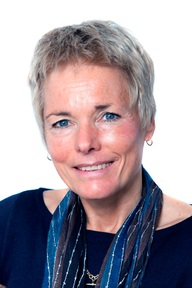 05-Sep-16
Being chief executive of a care home provider is a 'huge responsibility and privilege'
05-Sep-16
Being chief executive of a care home provider is a 'huge responsibility and privilege'
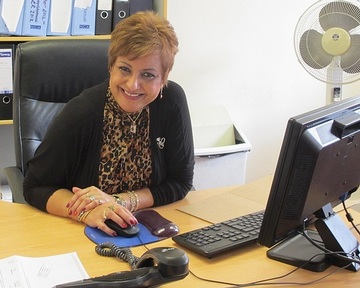 31-Mar-15
Profile: 'Both local and national Government needs to put its money where its mouth is,' says chair of the National Care Association
31-Mar-15
Profile: 'Both local and national Government needs to put its money where its mouth is,' says chair of the National Care Association
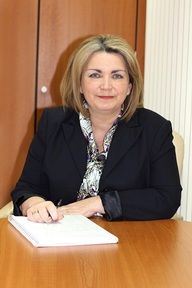 16-Dec-14
Profile: Care home turnaround specialist reveals some of the tricks of the trade
16-Dec-14
Profile: Care home turnaround specialist reveals some of the tricks of the trade
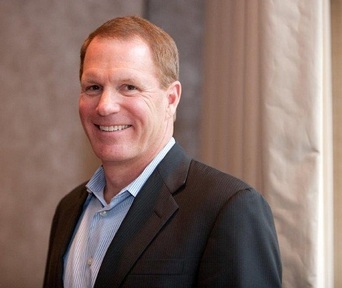 01-Dec-14
Profile: ‘People should not be dreading going into a care home – they should be looking forward to it,’ says care home boss
01-Dec-14
Profile: ‘People should not be dreading going into a care home – they should be looking forward to it,’ says care home boss
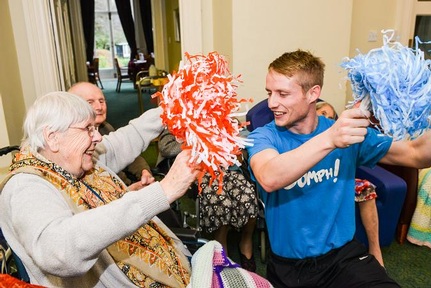 07-Oct-14
Exercise is key to 'changing the care sector' says provider of exercise therapy in care homes
07-Oct-14
Exercise is key to 'changing the care sector' says provider of exercise therapy in care homes